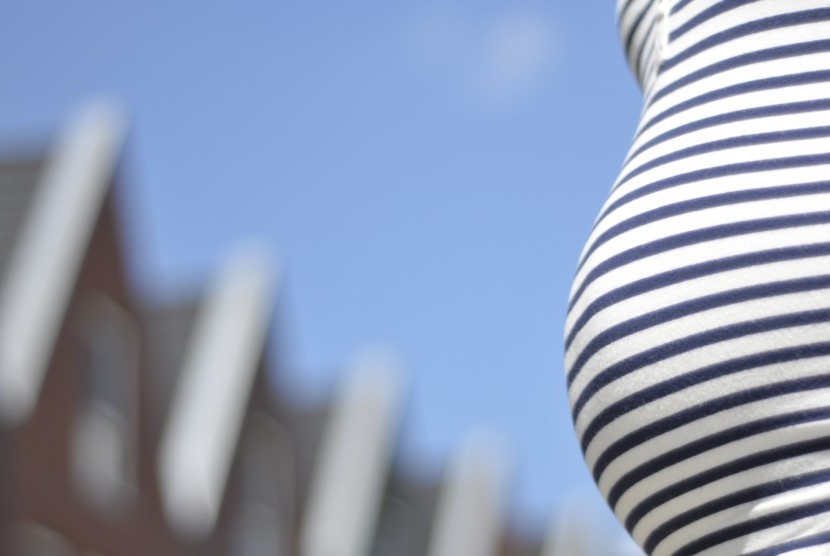REPUBLIKA.CO.ID, LONDON -- British doctors say more parents are requesting so-called "vaginal seeding", when a swab from the mother's vagina is wiped into a newborn's mouth after caesarean-section birth, despite a lack of evidence for its medical benefits.
The practice, also known as microbirthing, involves wiping the swab over the baby's mouth, eyes, face and skin to bring it into contact with bacteria from the birth canal.
The hope is this may boost their gut bacteria, and reduce risk of conditions such as allergies or obesity, experts explained in a report in the BMJ British Medical Journal - yet scientific evidence to support it is severely lacking.
"Demand for this process has increased among women attending hospitals in the UK - but this has outstripped professional awareness and guidance," said Aubrey Cunnington, an honorary consultant in paediatric infectious diseases at Imperial College London, who co-wrote the BMJ report.
"There is simply no evidence to suggest it has benefits - and it may carry potential risks."
Some studies suggest that babies born by C-section have a different microbiome - the collection of millions of bacteria living in the gut - to those born vaginally.
Around one in four babies in Britain are born via caesarean section, according to the BMJ report, co-written by Cunningham and five other doctors.
Research also shows that C-section babies have slightly increased risk of developing conditions such as obesity, allergies and autoimmune diseases later in life.
Cunnington said a theory has developed that this may be because the bacteria the baby is exposed to in the birth canal during a vaginal birth colonise the baby's gut, so exposing those who miss out on it might help protect them.
"People have made a leap of logic that gut bacteria must be the link between caesarean section and risk of these diseases," Cunningham said. "But we just don't know this for sure - or whether we can even influence this by transferring bacteria on a swab from mum to baby."
He added that while there is no evidence of benefits from "vaginal seeding", the practice has potential risks such as transferring harmful bacteria to the baby.
"Doctors, nurses, midwives and parents need to be aware they are doing something with a potential risk that currently doesn't have any evidence of benefit," Cunnington said.
He added that evidence-based interventions, such as encouraging breast feeding and avoiding unnecessary antibiotics, could be "more important to a baby's gut bacteria than worrying about transferring vaginal fluid on a swab".


